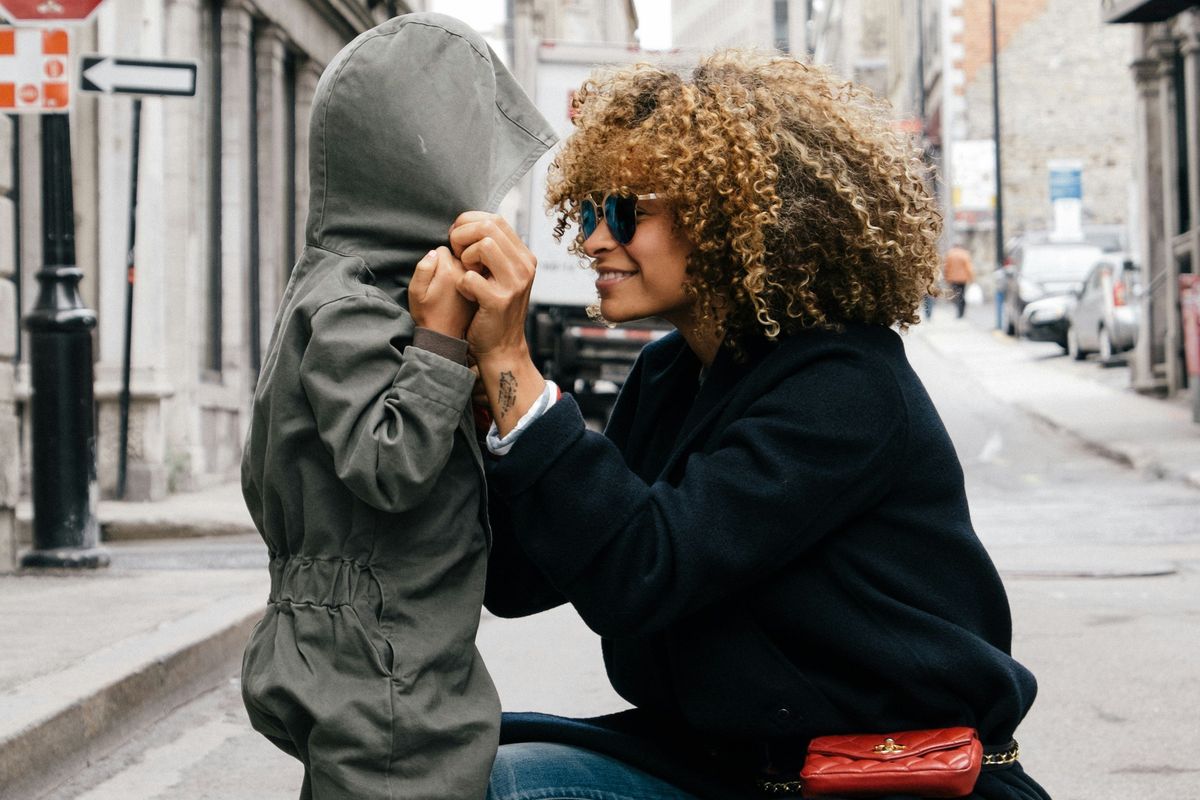
In the late 2000s there was an explosion of mommy bloggers, suddenly moms who cared for their children full time were able to have an outlet sharing relatable content about their motherhood. The bonus to this was brands wanted to give them money to promote things they were likely already using or wanting to try anyway. Nobody really knew what would come of it so more people jumped on board before the phase fizzled out.
This was still in the early days of the internet, when social media wasn’t really popular yet and no one really understood the implications of exposing your children’s details online. As social media sites picked up interest and people were becoming millionaires from YouTube, mommy bloggers morphed into “mommy vlogs,” “family vlogs” and “momfluencers.”
There was money to be made by sharing relatable content and amassing large followings. But kids don’t stay kids forever and some of those very first mommy blogger kids have a lot of opinions on having their information online without their consent.
That’s not all, technology is changing. Parents are becoming more cognizant of not only possibly violating their children’s trust and privacy, but their safety as well. While many influencers, mom or not, attempt to be careful with details that they post, people’s internet savvy has surpassed what it was in the early days.
Locations can be found from information pulled from pictures and videos posted online. One influencer had a fan show up after giving a fun apartment tour. Another influencer in Japan was located through the reflection of her address in her eyes. For fun, one influencer likes to try to figure out where people got their delicious looking food from so he can try it, all from looking at their videos and publicly available information.
Given the deeper understanding of how the internet works along with privacy and safety concerns, some parents are opting to just avoid sharing images of their children online. The content is still the same, just minus the visual of the child you hear in the background.

A few mom content creators talked to PBS about their decision to either stop showing their children online opening up a conversation about the risks of doing so.
“I was getting a lot of interaction under my videos that were just specifically pertaining to my daughter,” Deja Smith tells PBS. “I always wanted to base my content around me. That’s my whole point of it’s centered around me, you know? So when people are starting to center it around my daughter, that’s when it got uncomfortable for me.”
Brittany Balyn explained to the broadcasting station, “One thing that really kind of triggered something was meeting another mother at a kids class and her, instead of coming to me first, meeting my daughter, saying her name, knowing things about her. And there was no ill intent from the mother. It just made me realize in the wrong hands, this information can be used in a very sinister fashion.”
Even influencers with extremely large followings like Elyse Meyers are opting out of showing their children’s faces. But parents who share images of their children online outside of their close friends and family may have other, more concerning things to worry about.
AI is prompting concern as images of child sexual assault material (CSAM) has been generated using the new technology. Taylor Swift is the most famous example of the use of AI for deep fake inappropriate images and according to Recon, middle school students from a small town in Alabama have also fallen victim. Thankfully, the law is moving much faster on keeping up with this side of AI technology as the protection of children from sexual exploitation is a solidly bipartisan issue.
The DEFIANCE Act was introduced in January 2024 by Senators Dick Drubin (D-IL), Lindsey Graham (R-SC), Amy Klobuchar (D-MN) and Josh Hawley (R-MO). The name of the act stands for Disrupt Explicit Forged Images and Non-Consensual Edits Act of 2024 and is “legislation that would hold accountable those responsible for the proliferation of nonconsensual, sexually-explicit “deepfake” images and videos,” according to the press release.
So while the “momfluencers” who are now choosing not to show images of their children may still be in the minority, it seems as more parents become aware of the potential dangers, that may soon be changing. Technology is almost always several steps ahead of the average person so being vigilant and taking extra precaution to protect your children may not be a bad idea.
